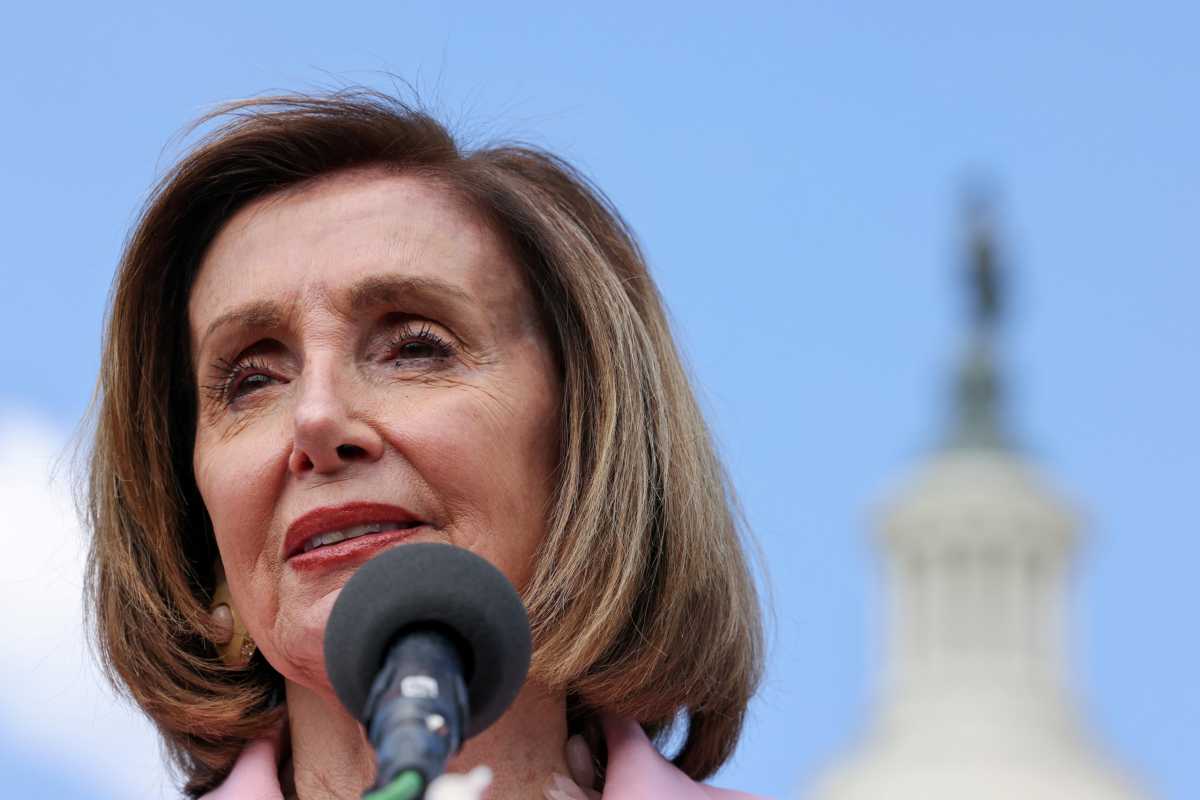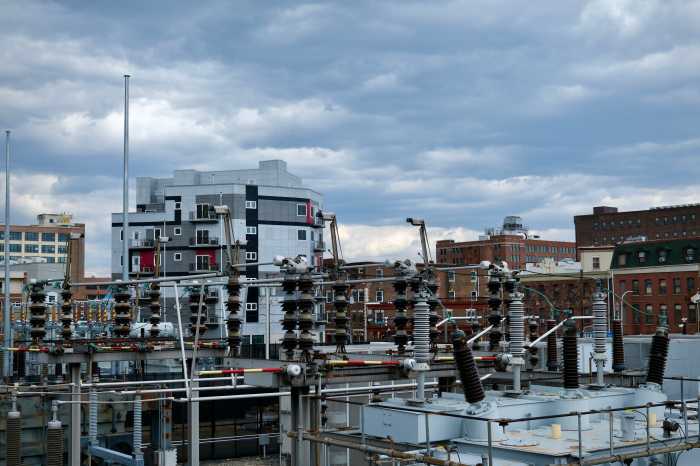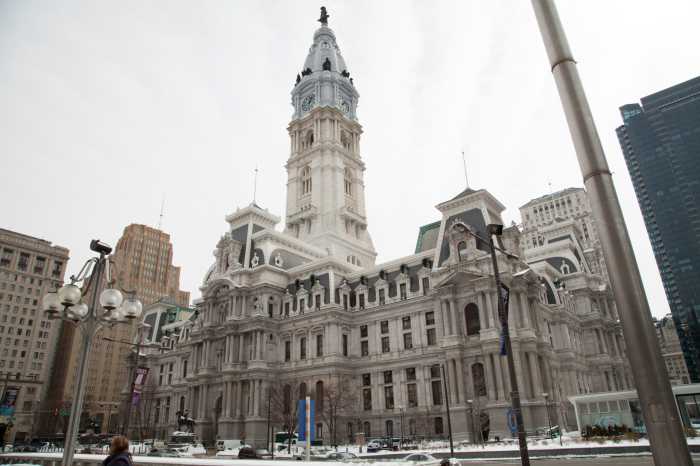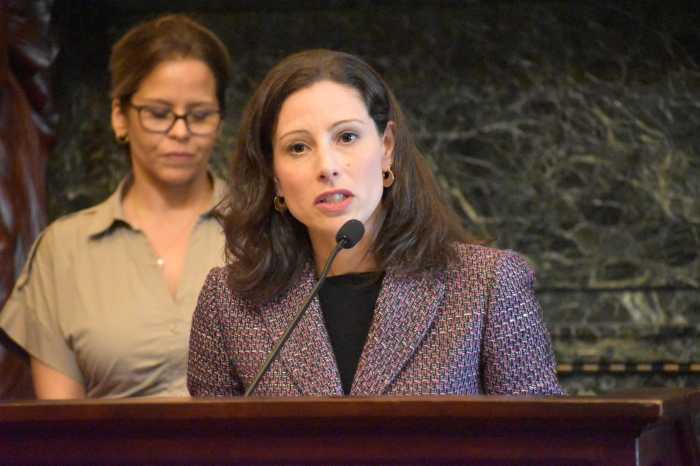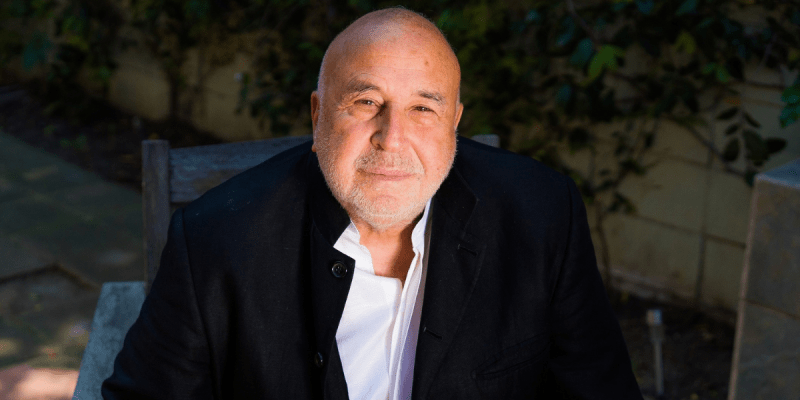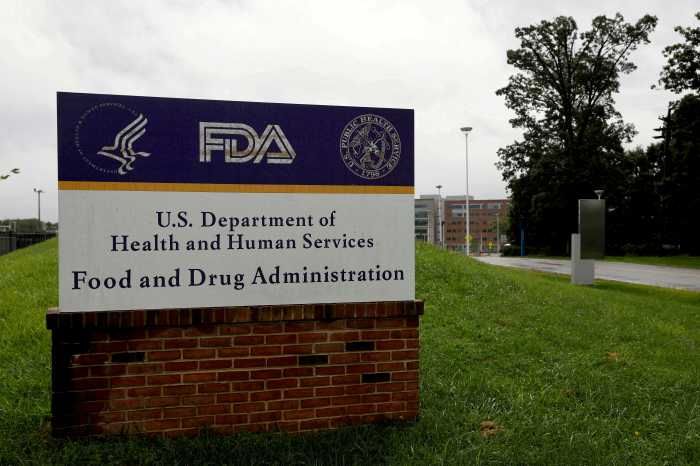Democrats will not back down on President Joe Biden’s sweeping infrastructure goals, House of Representatives Speaker Nancy Pelosi said on Sunday, signaling turbulence ahead for a scaled-back bipartisan proposal unveiled in the Senate.
Biden has set his sights on a sweeping infrastructure bill that would both revamp the nation’s roads and bridges as well as boost spending on services including healthcare and education — though Republicans reject the idea that those latter priorities even qualify for the label “infrastructure.”
A bipartisan group of ten Senate moderates on Thursday reached a deal for an infrastructure plan that a source familiar said would cost $974 billion over five years and includes $579 billion in new spending. That was well below Biden’s current $1.7 trillion proposal, and it was unclear if it would gather enough support to pass the 50-50 Senate.
“If this (bipartisan plan) is something that can be agreed upon, I don’t know how we can possibly sell it unless we know there is more to come,” Pelosi told CNN’s “State of the Union.” Biden, she said, has “no intention of abandoning” the rest of his vision.
Pelosi appeared to be hinting at a scenario in which Congress passes a bipartisan infrastructure bill and Democrats then follow up by pushing through a second spending measure using a process called reconciliation, which bypasses Senate rules requiring 60 votes to advance most legislation in the 100-seat chamber.
Senator Susan Collins, a Republican member of the group that unveiled the new proposal on Thursday said that plan sticks to spending on physical infrastructure like roads and bridges.
She said she personally had been an advocate for home health care but said it could be considered separately.
“We can look at these issues but they are not infrastructure. And they should be considered separately and I believe they will be,” Collins told CBS’ “Face the Nation.”
Many Republicans question whether care for the elderly and children should be funded by the government, especially at the levels Biden wants. He initially proposed $400 billion for elderly and disabled care, and another $200 billion for childcare.
Senate Majority Leader Chuck Schumer has said that while Democrats are seeking a bipartisan infrastructure deal, they are simultaneously pursuing reconciliation.
Such a move, however, would require Democrats to be united. That could pose another challenge, with party members like Senator Joe Manchin saying he does not want to see the process abused.
Collins told CBS that the bipartisan infrastructure plan would be partly paid for by unspent funds previously appropriated for dealing with COVID-19. “There’s literally hundreds of billions of dollars in the pipeline,” she said.
Collins said the plan also included an “infrastructure financing authority” and a provision for electric vehicles to “pay their fair share” since they don’t pay the federal gas tax. She said the gas tax would not be increased.
Reuters



